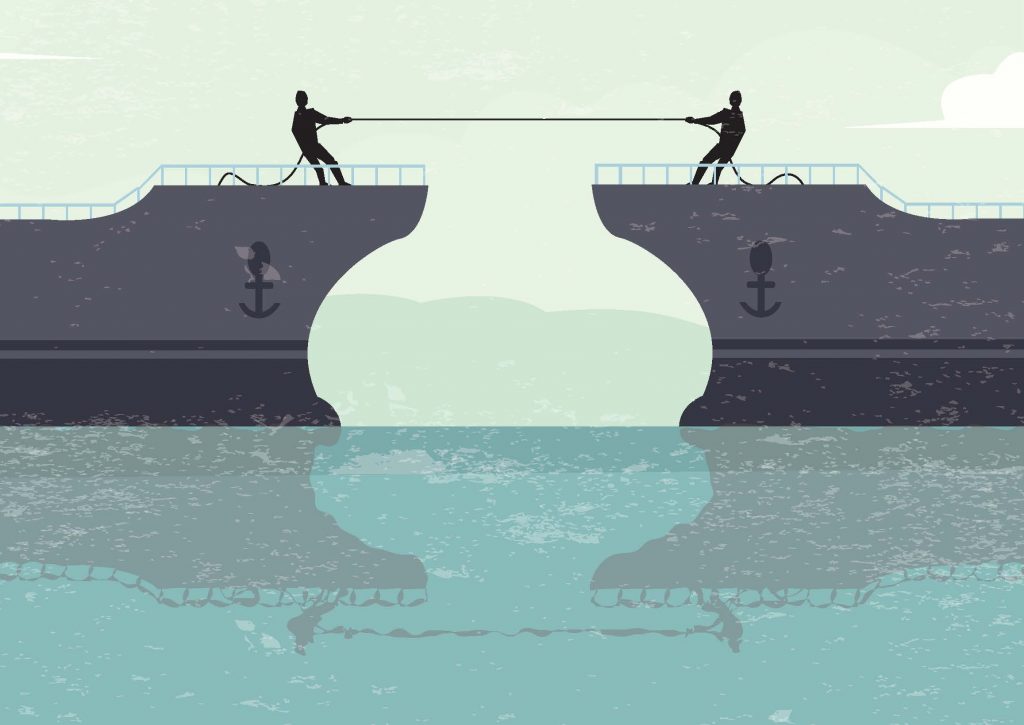
20 May 2019
European Union: Divorce
- Posted by Dejan Pekic BCom DipFP CFP GAICD, Senior Financial Planner
The euro was officially launched on 1st January 1999 and then after three years of working with the euro as ‘book money’ alongside member national currencies, euro coins and euro banknotes were launched on 1st January 2002.
Originally, the 12 member countries comprising the European Union are Austria, Belgium, Finland, France, Germany, Greece, Ireland, Italy, Luxembourg, the Netherlands, Portugal and Spain.
Today, the European Union comprises 19 nation economies and the question being asked is will the European Union fall apart?
The European Union is a currency union but not a fiscal union. Not having a European Union government with tax and spending authority has resulted in large sovereign debts and a big divergence between the northern member countries and the southern member countries.
Attached is a chart with some of the World’s best and worst performers in terms of Gross Domestic Product (GDP) and shows that Greece has fallen behind Sudan and Ukraine in terms of GDP growth. Italy and Cyprus have been outgrown by Iran and Brazil while Spain and Portugal have been outgrown by the United Kingdom.
Click for chart.
The European Union has shackled together 19 national economies but what is the benefit for the losing members who cannot devalue their currency to become more globally competitive?
A fiscal union must become a reality for the European Union or there will be divorce.
The key for investors with all of this is to remain invested according to your appetite for volatility and when fear and panic take hold during the next financial catastrophe, to take advantage by buying more quality assets at discounted prices.
At Newealth we are always looking to support and promote our clients wherever possible and if you have any ideas or comments, please feel free to email me or to call me on +61 2 9267 2322.










